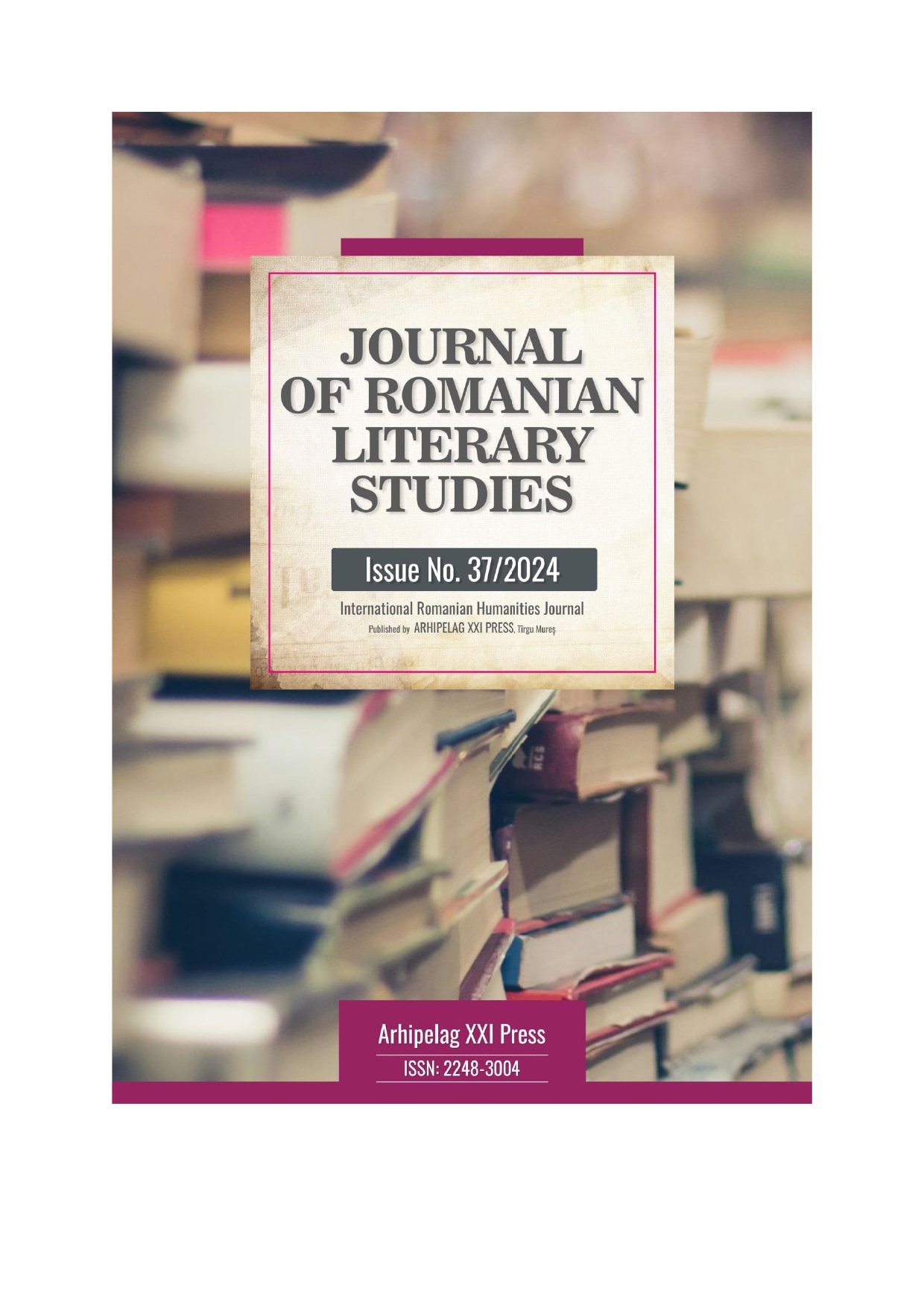SCHOOL SELECTIVITY AND ACADEMIC SUCCESS
SCHOOL SELECTIVITY AND ACADEMIC SUCCESS
Author(s): Simina-Maria Mikó (Morar)Subject(s): School education, Vocational Education, History of Education, Educational Psychology, State/Government and Education, Applied Sociology, Social Theory, Sociology of Culture, Sociology of Education
Published by: Editura Arhipelag XXI
Keywords: educational systems; inequalities of opportunity; selective mechanisms; socioeconomic backgrounds; social mobility;
Summary/Abstract: Worldwide educational systems are inherently hierarchical, perpetuating significant inequalities of opportunity. Initially, all children in a cohort enter compulsory education levels, but as they progress, many fail to advance due to selective mechanisms, predominantly affecting disadvantaged backgrounds. School selectivity involves transitioning selectively between educational levels based on academic criteria, influencing future educational paths. Despite efforts to provide equal opportunities, socioeconomic origins strongly influence educational outcomes, reinforcing societal stratification. Early educational selection determines subsequent academic and occupational trajectories, disproportionately impacting disadvantaged groups. This article explores how early educational selection shapes aspirations and academic outcomes, highlighting its implications for social mobility and inequality.
Journal: Journal of Romanian Literary Studies
- Issue Year: 2024
- Issue No: 37
- Page Range: 883-892
- Page Count: 10
- Language: Romanian

